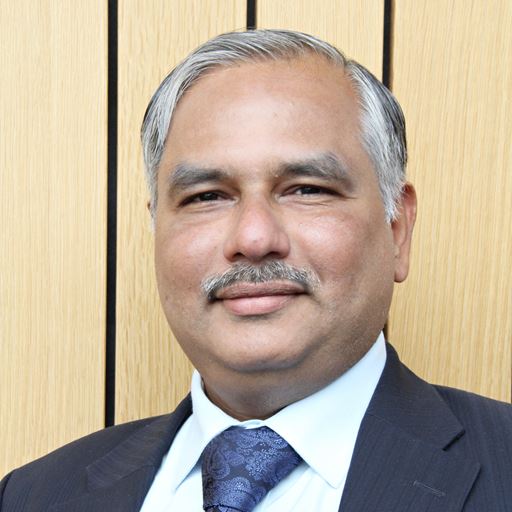Currently, 88 million tonnes of food are wasted every year in North-Western Europe, and of that, approximately a third has rotted, or become otherwise inedible while in transit. Fruit, vegetables, meat and fish are all lost in vast quantities on the roads of Europe heading from the farms to the supermarkets, which not only costs money but also increases CO2 emissions.
Essex Business School is joining the REAMIT project, which is coordinated by the University of Bedfordshire. The project is funded by the Interreg North West Europe (NWE) programme and aims to reduce food waste by adapting and applying existing Internet of Things and Big Data technologies to food supply chains.
Professor Ramakrishnan Ramanathan, from the Strategy, Operations and Entrepreneurship Group at Essex Business School will continue to lead the project, after moving to the University of Essex in November 2021, working alongside project members from the University of Bedfordshire.
REAMIT focuses on fruits, vegetables, meat, and fish as these are often wasted in large quantities. Sensors fitted to the inside of trucks and in other locations in the food supply chains, backed up by supporting technology, are used to determine if food is in danger of rotting, allowing the driver to divert to a supermarket or food bank closer to them than their planned destination.
The project is supported by seven universities, five SMEs, and a large food logistics provider, and is focussing on Ireland, Germany, France, UK, and the Netherlands due to the amount of interconnected food supply chains and huge food waste in these countries.
Professor Ram Ramanathan, lead of the REAMIT project, said: “We are excited about implementing this project, which will bring a real difference in saving food waste.
“It is hoped the project will prevent the loss of 1.8 million tonnes of food a year in North-Western Europe and avoid 5.5 million tonnes a year of unnecessary CO2 emissions. Once the project is complete and the technology has been tested, our plan is to roll out the detection system more widely and reduce the amount of food waste over the long term.
“Since significant resources such as energy, water, labour, and fertilisers are needed to produce food, saving food waste helps improve sustainability, which resonates with the fundamental values of Essex Business School.
“The REAMIT project showcases the power of new digital technologies in reducing food waste. While there are huge developments in digital technologies, many potential users in food supply chains are not fully aware how these technologies can help their businesses. We bridge the gap in the REAMIT project and show how these new technologies can be used to support social objectives and help improve sustainability.”
Professor Neil Kellard, Dean of Essex Business School, said: “We are thrilled that Professor Ram Ramanathan has brought this important European project to Essex Business School, as it sits so well with our mission to champion responsible, ethical and sustainable business. We’re interested in real-world business challenges, and REAMIT will have a substantial impact on the future sustainability of food supply chains across Europe and beyond.”

.jpg?mh=500&mw=500&hash=6568B6C9CCF5290A596BEF6678B6AD0E)




